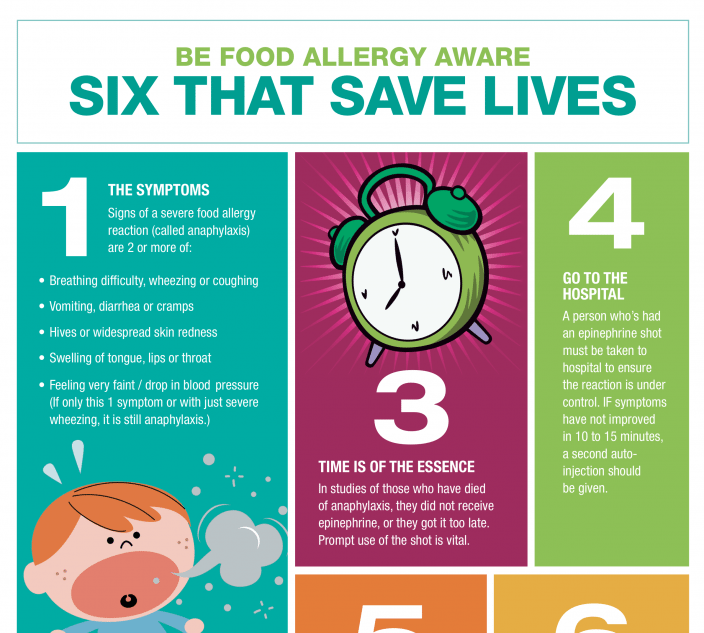It’s limiting, it’s restrictive, and it’s just not fair.” As a result of those changes, Westjet won Reader’s business – and the business of an increasing number of allergic travelers and their families. “I haven’t even looked at other airlines lately,” says Reader. “I don’t want to sound like a commercial, but this whole experience has engendered some consumer loyalty in me.”
When flying most airlines, however, it’s still buyer beware – but it’s especially difficult for allergic travelers to protect themselves when the information they’re given is inconsistent or just plain wrong.
In the California study, researchers phoned airlines three times and asked the same series of questions, including: “Does your airline regularly serve peanuts?” and “Would you be willing to remove peanuts or tree nuts from a flight?” Airlines responded consistently only 31 per cent of the time. “As a consumer, you’re stuck between a rock and a hard place, because you can call three times and get three different answers,” says Comstock.
Rather than offering little more than a non-descript statement that protects them from lawsuits, she adds, airlines should formulate detailed allergy policies and post them on their websites so allergic passengers know exactly what they’re getting into.
“It costs an airline an extreme amount of money to divert a flight,” she notes, “so it would seem to be cost effective for them to have accurate information available to consumers about what food is being served on the plane, and whether or not people can bring pets.”
Part of the reason airlines have been so slow to respond to allergic passengers’ needs, however, could lie with passengers themselves, most of whom aren’t communicating their concerns to the crew. In the California study, just 12 of the 41 passengers who reacted on an airplane advised an attendant.
One peanut allergic business traveler in the study regularly doses himself up on antihistamines and inhalers before flying; and despite the fact that he still experiences significant symptoms when peanuts are served, he has never notified an airline.
Comstock found the allergic passengers’ tendency to “deal with it themselves” surprising. “I just couldn’t believe that individuals were willing to take that sort of a risk. Most of the individuals in our study were adults, and they felt like they had a good handle on their normal reaction progression – but you just never know which reaction is going to be the one that becomes even more severe.”





